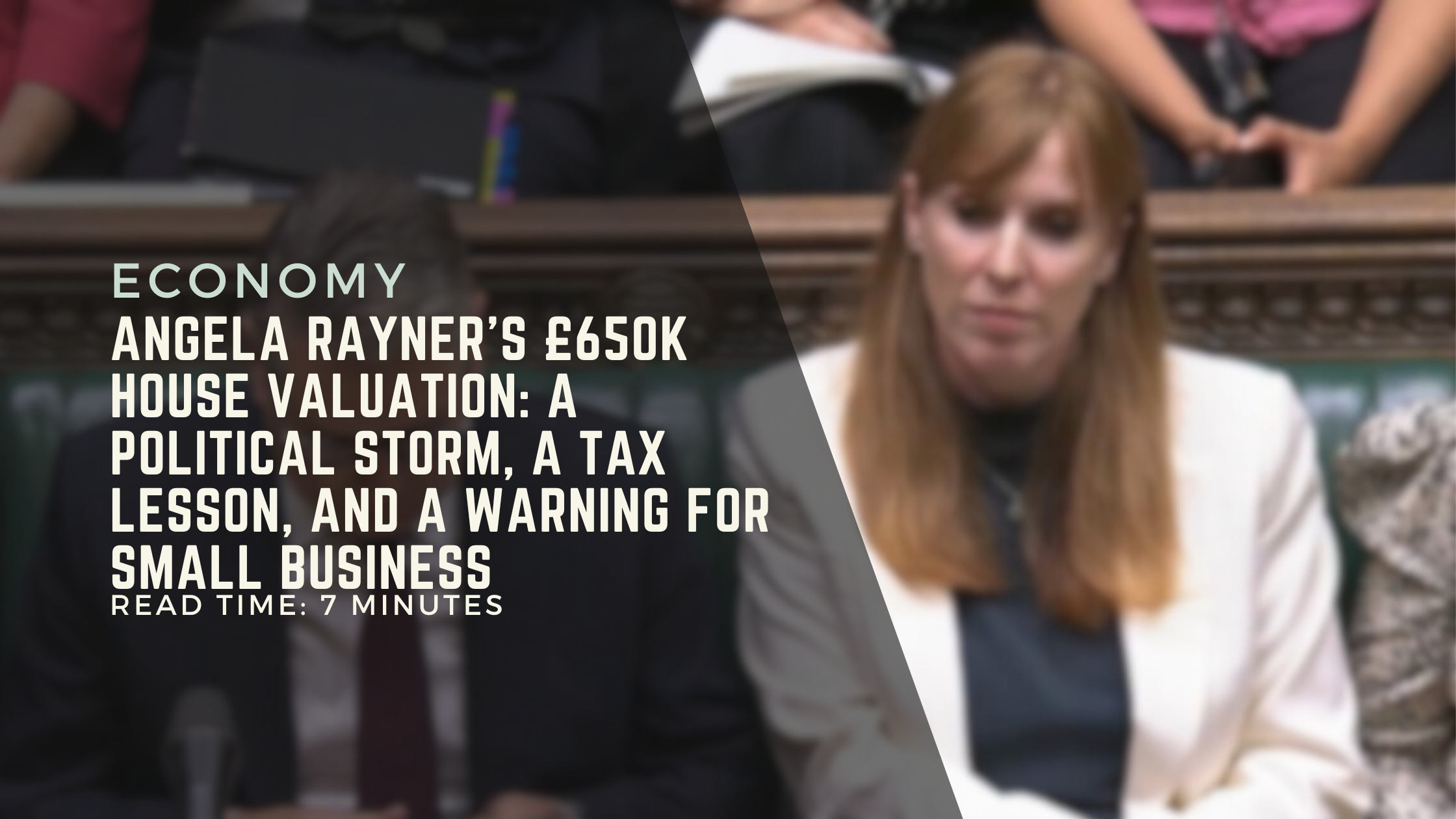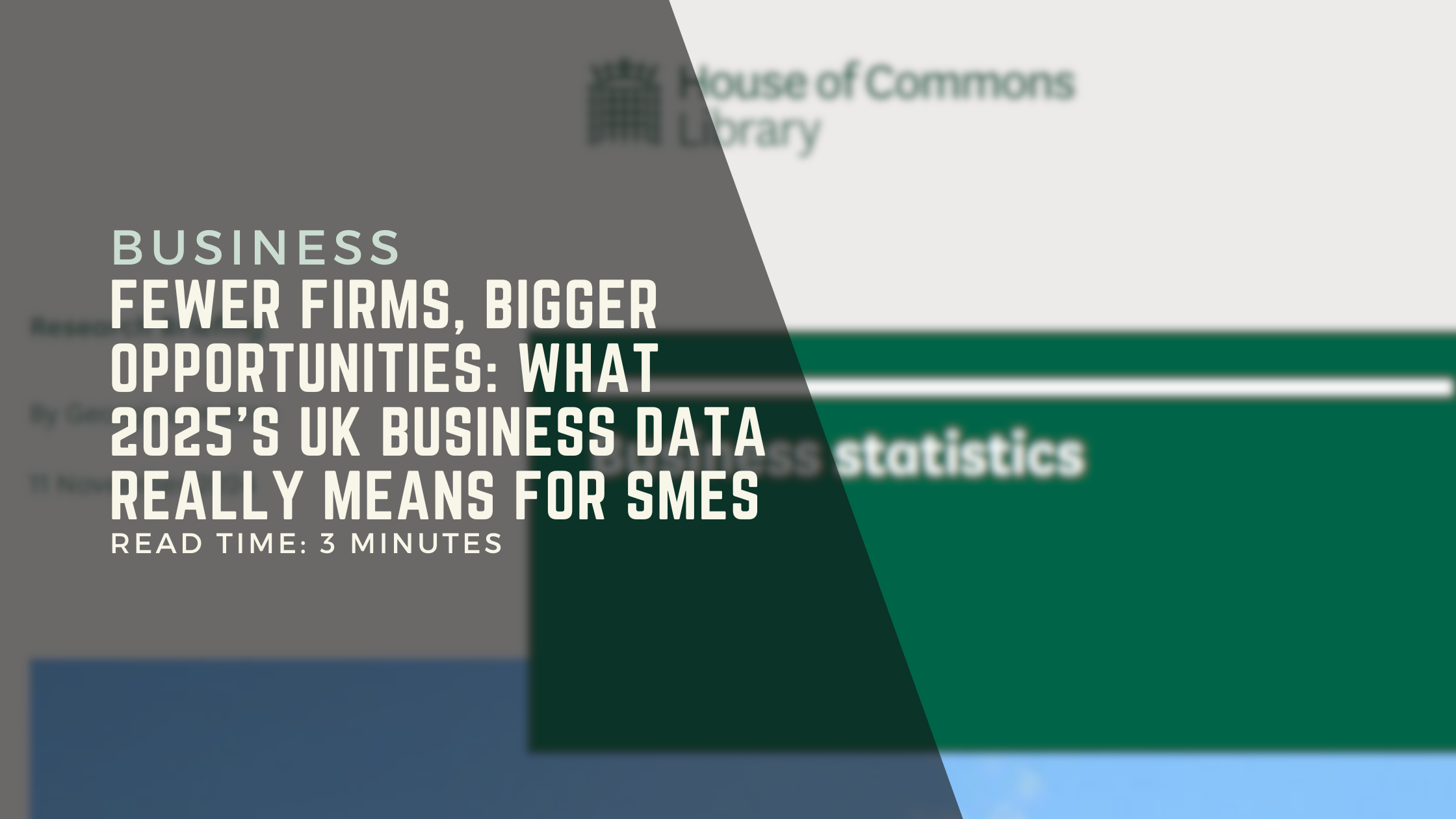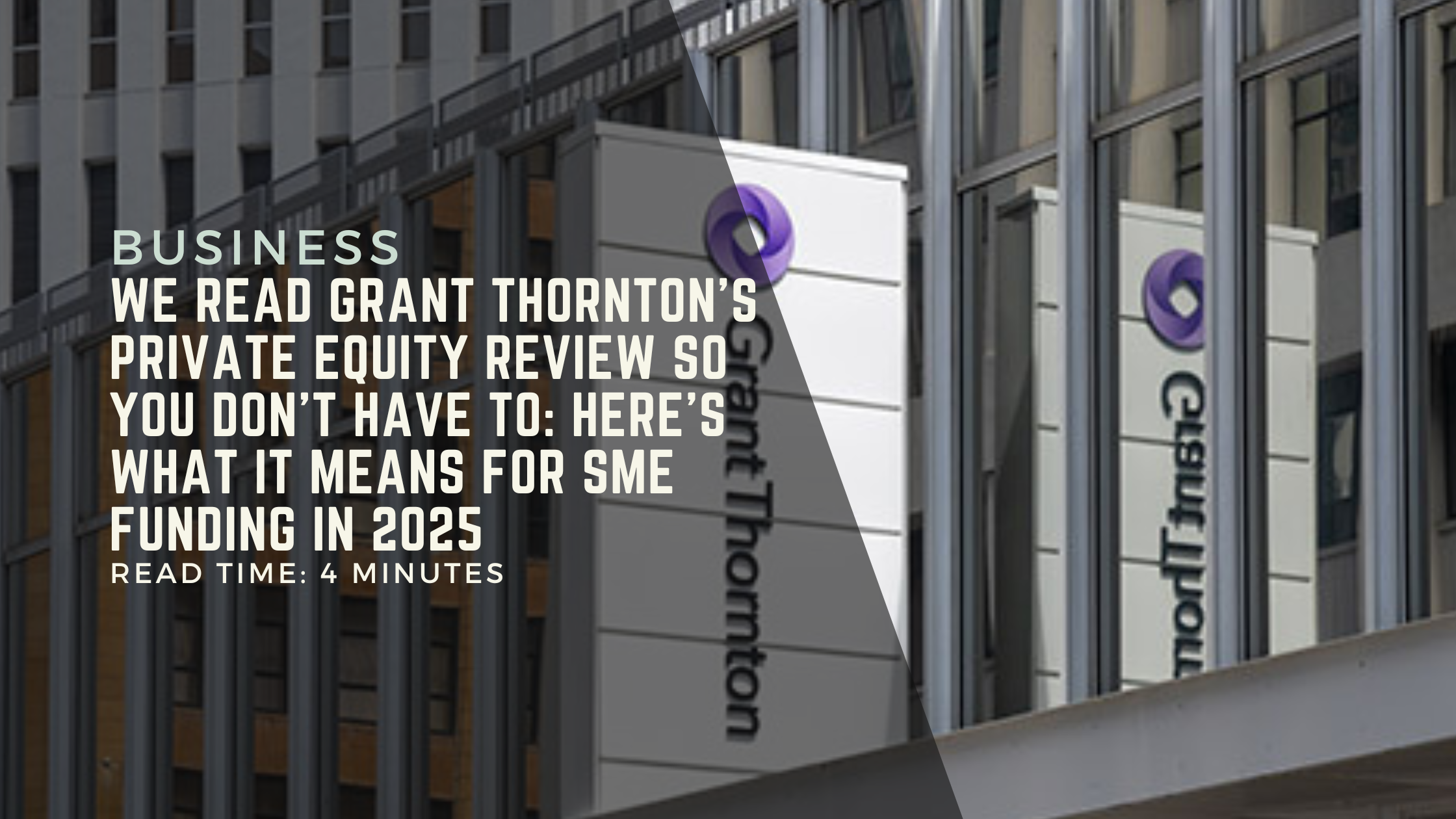Angela Rayner, the Deputy Prime Minister, is under mounting scrutiny after it emerged that her Ashton-under-Lyne home was valued at £650,000, nearly double the price of neighbouring properties, when she transferred part of it to a trust set up for her son.
In January 2025, Ms Rayner sold a 25% share of the property to the trust for £162,500. The valuation underpinning that deal far outstripped local benchmarks: Rightmove placed the house closer to £565,000, while there have been 44 property sales on her street in the last five years, the most expensive of which was a three-bedroom semi-detached home just down the road which sold for £365,000.
Critics argue her sons’ trust may have overpaid and risk financial loss if the property is sold in future. Ms Rayner, meanwhile, used the proceeds to purchase an £800,000 flat in Hove, a move that sparked a £40,000 stamp duty bill, plus interest and a potential 30% “carelessness” penalty from HMRC.
Explainer: Is This Fraud, or Just Valuation Subjectivity?
Whenever property values appear inflated or unusually low, the question naturally arises: is this fraud, or just the flexibility of property valuation?
Why valuations vary: Property values are not an exact science. They depend on methodology (comparables, replacement cost, income approach), market timing, and even who carries out the inspection. Two professional valuers can arrive at very different figures, sometimes by 10–20% or more.
Fraud threshold: For something to be legally considered fraud, there would need to be deliberate misrepresentation for financial gain. In practice, proving intent is extremely difficult unless there’s evidence of collusion (e.g. between a valuer and a borrower).
Conservative vs. generous valuations: Businesses and homeowners often complain of banks and QSs undervaluing properties, especially for secured loans and mortgages. Lenders prefer caution to reduce their risk exposure. By contrast, in some legal or tax contexts, valuations can lean higher, particularly if extensions, unique features, or “special purchaser” factors are considered.
So where does this case sit? In Angela Rayner’s situation, the £650,000 figure is clearly above local comparables, but unless evidence emerges that the valuation was manipulated, it sits in the grey area of subjective assessment rather than outright fraud. That said, the optics are troubling, especially when ordinary borrowers routinely face undervaluation.
Politics and Perceptions of Hypocrisy
For Labour, this is more than an awkward personal finance story. Both Keir Starmer and Angela Rayner have previously been outspoken in condemning Conservative MPs caught in tax or property controversies. Starmer has used parliamentary debates to call out “fiddling the system,” while Rayner accused Tory ministers of being “out of touch” when their dealings looked questionable.
That past rhetoric now makes the spotlight on Rayner all the brighter. To many voters, the charge is not simply about the valuation, but about whether Labour applies the same standards to its own as it demands from others. For a party that prides itself on responsibility and integrity, this is a credibility test.
Any politician who seeks to avoid the taxes they owe in this country is unfit to be in charge of taxpayer money.
Overvaluation vs. Undervaluation - A Double Standard?
Here lies the deeper frustration, particularly for homeowners and small businesses. Ordinary borrowers often find their properties undervalued when securing a mortgage or loan. Banks and their surveyors tend to err on the side of caution, often producing conservative valuations that frustrate buyers and business owners alike.
Yet in Rayner’s case, we see the opposite: a valuation seemingly inflated well beyond local comparables. While property valuations are subjective and can legitimately differ, the optics raise questions. Why is it that ordinary families and businesses are squeezed by cautious lenders and conservative surveyors, while a senior politician’s property is accepted at a valuation almost double the local going rate?
Some critics hint at preferential treatment, others at systemic inconsistency. At the very least, the disparity highlights how valuation risk cuts both ways, undervaluation stifles business access to capital, while overvaluation risks financial misrepresentation.
HMRC’s Lesson: Carelessness Is Costly
Beyond the politics, HMRC’s involvement should give every business pause. The 30% “carelessness” penalty is not about intent. It simply means you did not take “reasonable care.” That’s a low bar, and if the Deputy Prime Minister can be hit with such a penalty, it underlines HMRC’s uncompromising approach.
For SMEs, the parallels are obvious:
A miscalculated VAT return, even in good faith, can bring penalties and interest.
A missed Corporation Tax deadline can quickly become a spiralling liability.
Time to Pay arrangements, while helpful, are not a shield against fines if you falter. Furthermore, repeated usage could see you targeted by the same “carlessnessness” penalty applied to Raynor.
HMRC does not act as a friend in tough times. Its role is enforcement.
Why HMRC Funding Matters More Than Ever
This is where proactive financial planning makes the difference. HMRC bills are predictable, but cashflow rarely is. That’s why dedicated HMRC funding facilities are increasingly vital tools for SMEs. They ensure tax deadlines are met without draining working capital.
Funding options include:
Revolving credit facilities: flexible, like an overdraft, for recurring VAT and PAYE cycles.
Invoice finance: unlocks funds tied up in unpaid invoices to pay HMRC on time.
VAT and Corporation Tax loans: short-term, deadline-driven funding.
Supplier finance or stock loans: free up liquidity during seasonal pressures like Christmas and Halloween.
Secured loans: for larger obligations where significant working capital is at stake.
By using tailored HMRC finance, businesses can avoid the risk of penalties, preserve their reputation, and protect cashflow for growth.
The Takeaway
Angela Rayner’s house valuation row is grabbing headlines for its political implications. But the real lesson is about tax, compliance, and how unforgiving HMRC can be.
For Labour, it’s a question of credibility.
For voters, it’s about fairness: why are valuations conservative for ordinary people but inflated in this case?
For SMEs, it’s a wake-up call. If the Deputy Prime Minister can face a 30% penalty for carelessness, no one is immune.
Don’t wait for HMRC to knock at your door. Plan ahead, finance your tax obligations properly, and treat compliance as a priority. Because in today’s climate, “carelessness” is one cost you cannot afford.








